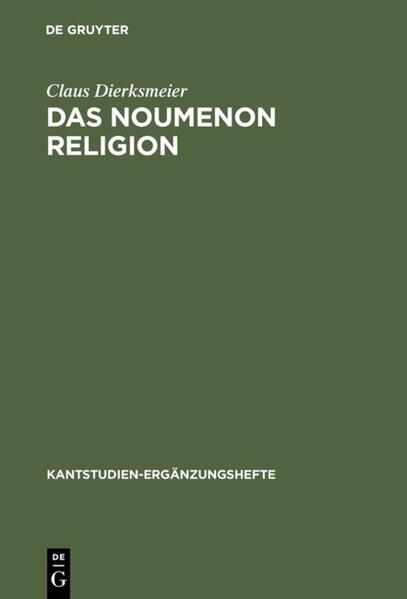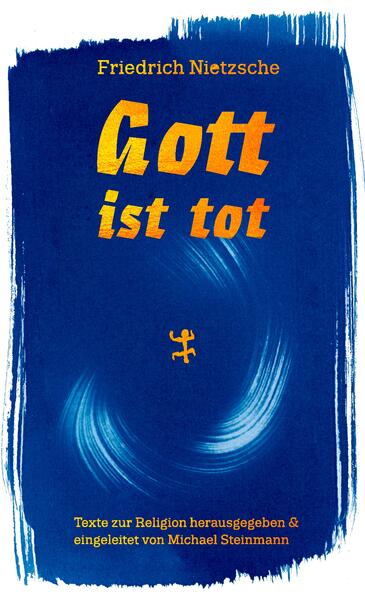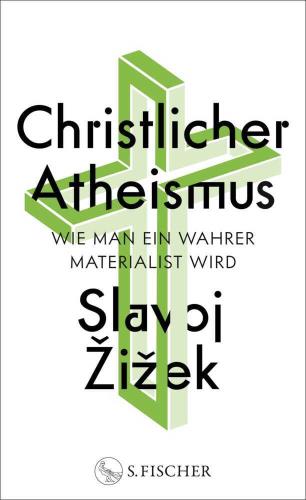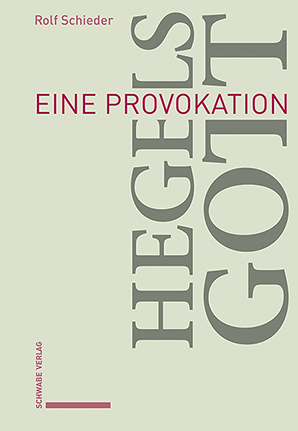
Das Noumenon Religion
eine Untersuchung zur Stellung der Religion im System der praktischen Philosophie Kants
| Autor | |
| Quelle | Sonstige Datenquellen |
| ISBN | 978-3-11-016288-2 |
| Lieferbarkeit | lieferbar |
| Katalogisat | Basiskatalogisat |
| Verlag | De Gruyter |
| Erscheinungsdatum | 19.10.1998 |
Beschreibung (Kurztext)
In der Reihe werden herausragende monographische Untersuchungen und Sammelbände zu allen Aspekten der Philosophie Kants veröffentlicht, ebenso zum systematischen Verhältnis seiner Philosophie zu anderen philosophischen Ansätzen in Geschichte und Gegenwart. Veröffentlicht werden Studien, die einen innovativen Charakter haben und ausdrückliche Desiderate der Forschung erfüllen. Die Publikationen repräsentieren den aktuellsten Stand der Forschung.
This series publishes outstanding monographs and edited volumes that investigate all aspects of Kant’s philosophy, including its systematic relationship to other philosophical approaches, both past and present. Studies that appear in the series are distinguished by their innovative nature and ability to close lacunae in the research. In this way, the series is a venue for the latest findings in scholarship on Kant.
Beschreibung (Langtext)
Die Arbeit untersucht das Noumenon, das geistige Wesen der Religion. Ausgehend von der praktischen Philosophie Kants wird gezeigt, dass dieses Noumenon, verstanden als symbolisch-indirekte Weise, die Welt zu verstehen, jedem - auch dem atheistisch orientierten - Menschen vertraut ist, der sich bemüht, ein gutes und integres Leben zu führen.
Den normativ-kritischen Begriff der Religion erarbeitet der Autor in drei Schritten: Zunächst werden zentrale Aporien der praktischen Philosophie Kants (Postulatenlehre, Theorie des höchsten Gutes) anhand des synthetisch-praktischen Satzes a priori rekonstruiert und aufgehoben. Im zweiten Teil werden diese Aporien zu weiteren Theoremen der praktischen Philosophie Kants ins Verhältnis gesetzt, um die Bedeutung der Religion für das praktische Bewusstsein auszuschöpfen. Im dritten Teil wird der systematisch gewonnene Begriff der Religion fortbestimmt zu einem kritisch-normativen Konzept phänomenaler Religion. Diese Konkretisierung macht das Noumenon Religion gegenüber bloßer Vernunftreligion zum konkret-allgemeinen Begriff.
The study examines the noumenal, the spiritual essence of religion. Starting from Kant's practical philosophy, it shows that this noumenon, which is seen as the indirect symbolic way of understanding the world, is familiar to everybody who strives to lead a good and honest life, including those with an atheistic orientation. The author accesses the normative critical concept of religion in three stages. To start with, central aporias of Kant's practical philosophy (doctrine of postulates, theory of the highest good) are reconstructed and cancelled using the synthetic practical proposition a priori. In the second stage, these aporias are related to further topics of Kant's practical philosophy in order to elucidate the importance of religion for practical consciousness. In the third section, the concept of religion gained systematically is further developed to a critical normative concept of phenomenal religion. With this concretisation the noumenal religion becomes a generalized concrete concept when compared with a mere rational religion.




